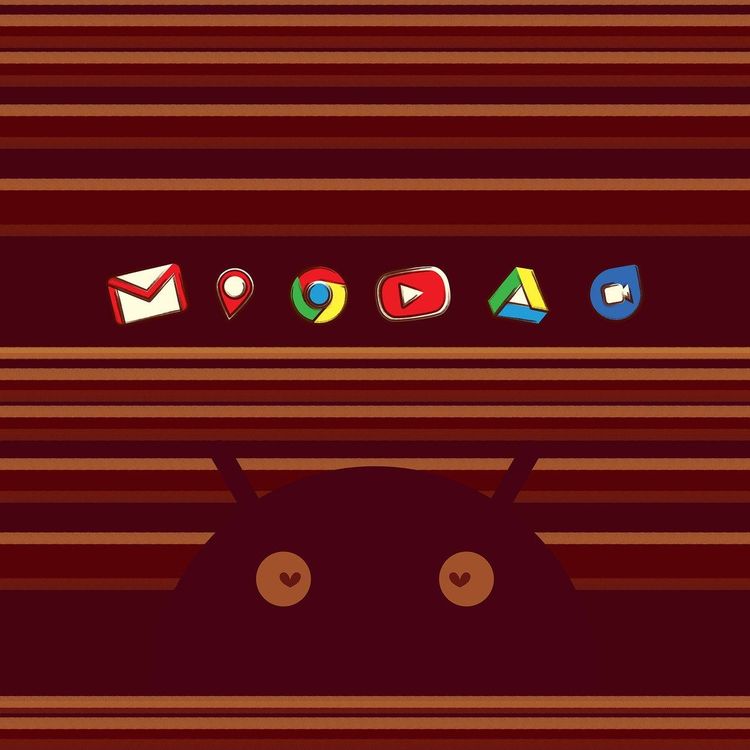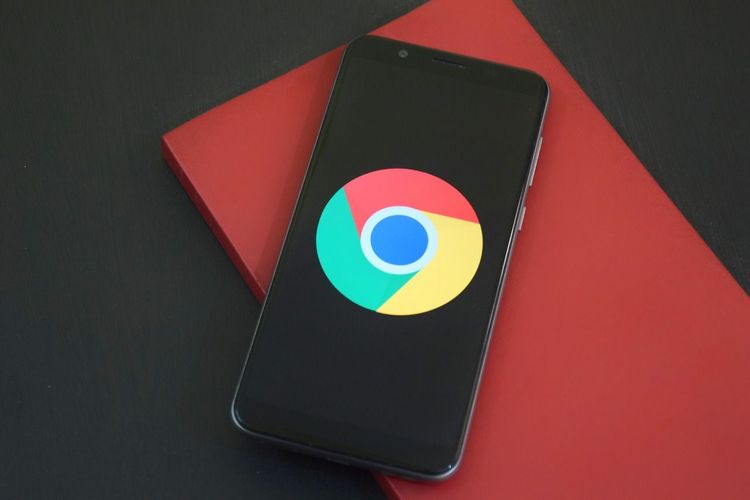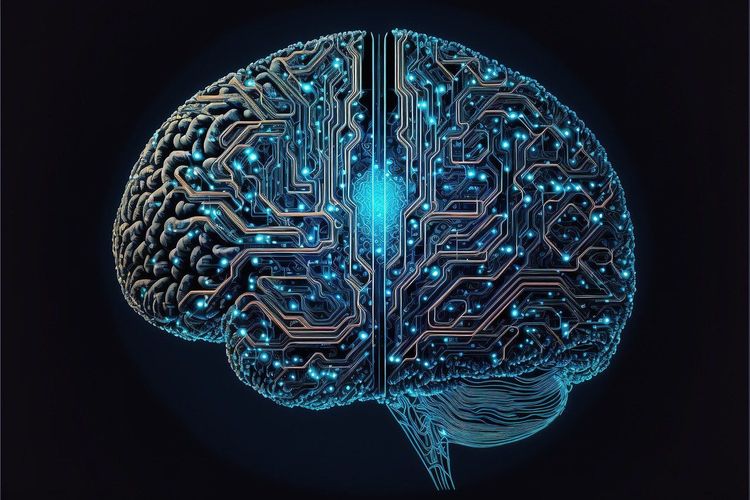A recent study investigates the role of AI as a supportive tool in creative tasks, revealing mixed outcomes. While AI appeared to assist less naturally creative individuals in producing more original short stories, it diminished overall creativity within the group. This finding highlights a potential trade-off as AI tools increasingly enter creative fields.
Conducted by researchers Anil Doshi from University College London and Oliver Hauser from the University of Exeter, the study was published in Science Advances. Although the research is limited to short story writing, it aligns with a common sentiment: while AI can be beneficial, it often fails to bring true innovation to creative processes.
“Our study provides an initial look into the significant question of how large language models and generative AI might shape human creativity,” Hauser stated in an email. “While the potential impact of this technology on media and creativity is enormous, it’s crucial to rigorously evaluate AI's effects rather than assume positive outcomes through widespread adoption.”
The experiment involved hundreds of participants crafting brief stories (approximately eight sentences) on a topic suitable for a general audience. Participants were divided into three groups: one wrote without assistance, another could consult GPT-4 for a single story idea, and the third group had access to up to five story starters.
Following the writing activity, both the authors and a separate group—unaware of the AI assistance—evaluated the stories based on novelty, usefulness (potential for publication), and emotional impact.
Creativity’s Landscape: Benefits and Drawbacks
Before writing, participants completed a word-production task as a proxy measure of creativity. This task, though subjective, provided insights into each writer's creative potential. “Measuring the rich and nuanced concept of creativity is challenging,” Hauser noted. “However, our method is widely accepted in academic research and has been validated in numerous studies.”
The findings indicated that individuals with lower creativity scores received lower evaluations for their stories, substantiating the researchers' method. Notably, those who utilized AI-generated story ideas exhibited significant improvements across all assessment criteria. Participants with low creativity scores who wrote unaided received consistently lower ratings in writing quality, enjoyment, and originality. However, when given one AI-generated idea, their scores improved, and access to five prompts yielded even better results.
This suggests that for those who find writing challenging, AI assistance can meaningfully enhance their work quality. Many writers who struggle with creativity may benefit from a language model that offers a nudge, helping them to develop their narrative or start a new section.
But what about individuals who scored highly in creativity? Did they experience a boost in their writing? Unfortunately, the answer was no. These participants saw minimal, if any, advantage from AI assistance, with some even receiving slightly lower ratings. It appears that highly creative writers perform best without the influence of AI.
A Cautionary Note About AI's Influence
The researchers expressed greater concern regarding the broader implications of their findings. Beyond participant evaluations, they analyzed story similarity using OpenAI’s embeddings API to examine how closely related the stories within each category were (human-only, one AI suggestion, or five AI suggestions).
The analysis revealed that access to generative AI led to stories being more similar and less varied overall. While the difference was moderate—around 9% to 10%—it raises questions about the potential effects of AI on creative diversity. This suggests that AI may inadvertently discourage unique storytelling, particularly among less experienced writers who rely on suggested ideas rather than crafting original concepts.
In their conclusion, the researchers noted, “While individual creativity may see an uptick with AI assistance, there’s a significant risk of diminishing collective novelty. If the publishing industry increasingly embraces AI-generated stories, the overall uniqueness of content could decline.” This scenario highlights a social dilemma: writers who find AI-supported writing more creatively rewarding may choose to use AI more frequently, further constraining the diversity of collective creative outputs. Although there are enhancements to individual creativity, widespread adoption of generative AI for creative tasks could threaten the richness of innovation.
This concern resonates within the realms of visual art and online content creation, where reliance on AI could foster a homogenized, self-replicating cycle of mediocrity. As generative AI begins to permeate all creative mediums, studies like this serve as essential checks against overblown claims of limitless creativity or revolutionary new eras in AI-generated content.
Hauser and Doshi recognize that their research represents just the beginning. This nascent field offers many avenues for exploration. “We anticipate future studies will delve deeper into the implementation of generative AI outside controlled environments,” Hauser explained. “Our hope is that this research will help shape both the technology and our interactions with it, ensuring a continuous diversity of creative ideas across writing, art, and music.”







